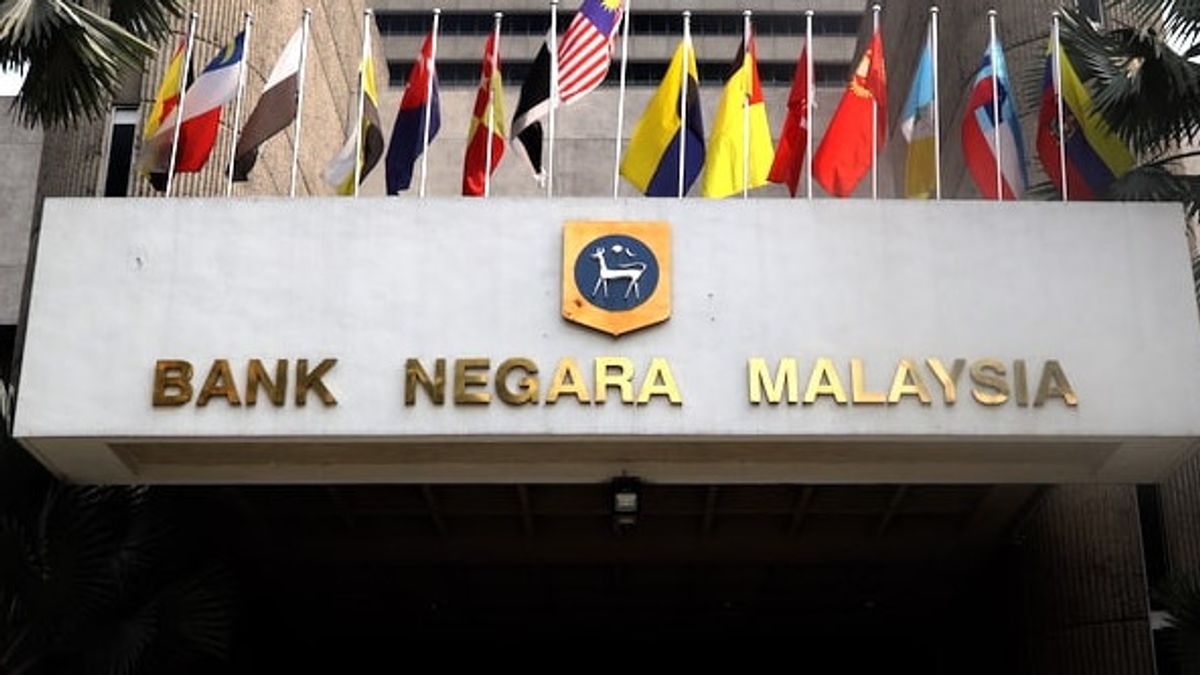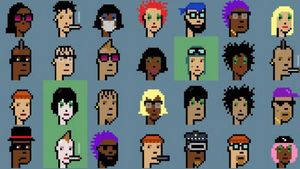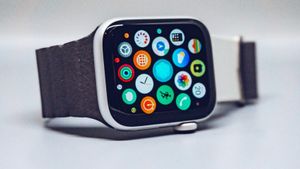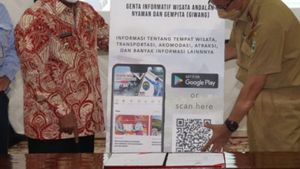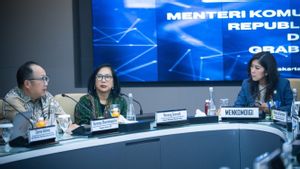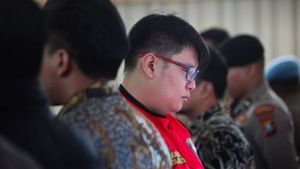JAKARTA - Central banks in Australia, Singapore, Malaysia, and South Africa will pilot cross-border payments using different central bank digital currencies (CBDC). According to the bank's source, Thursday, September 2, this was done to assess whether this would allow transactions to be completed more cheaply and easily.
Many governments and central banks around the world are exploring the use of CBDCs, which are digital forms of existing currencies. Some countries, such as China, are piloting retail-focused CBDCs designed to emulate cash in circulation. While others are considering using so-called wholesale CBDCs to improve the internal workings of their financial systems.
Most projects are still in their infancy and domestically focused, but developing global rules and frameworks for how CBDCs can be used internationally are technically complex, and potentially political.
The latest project aims to develop a prototype common platform for cross-border transactions using multiple CBDCs, according to statements from the Reserve Bank of Australia, Bank Negara Malaysia, Monetary Authority of Singapore, South African Reserve Bank, and Bank of International Settlement. Innovation Hub, known to be leading the scheme.
The platform will allow financial institutions to transact directly with each other on CBDCs, which can eliminate the need for intermediaries and reduce transaction time and costs.
The initiative, which will also explore different technical designs, governance, and operations, should publish its results by early 2022, the statement said.
SEE ALSO:
"The shared multi-CBDC platform ... has the potential to leapfrog legacy payment arrangements and serve as the basis for a more efficient international settlement platform", Assistant Governor Fraziali Ismail, Bank Negara Malaysia said in a statement to the media.
A separate BIS-led project exploring the use of CBDCs for cross-border payments is also underway involving central banks from China, Hong Kong, Thailand, and the UAE.
The English, Chinese, Japanese, Arabic, and French versions are automatically generated by the AI. So there may still be inaccuracies in translating, please always see Indonesian as our main language. (system supported by DigitalSiber.id)
